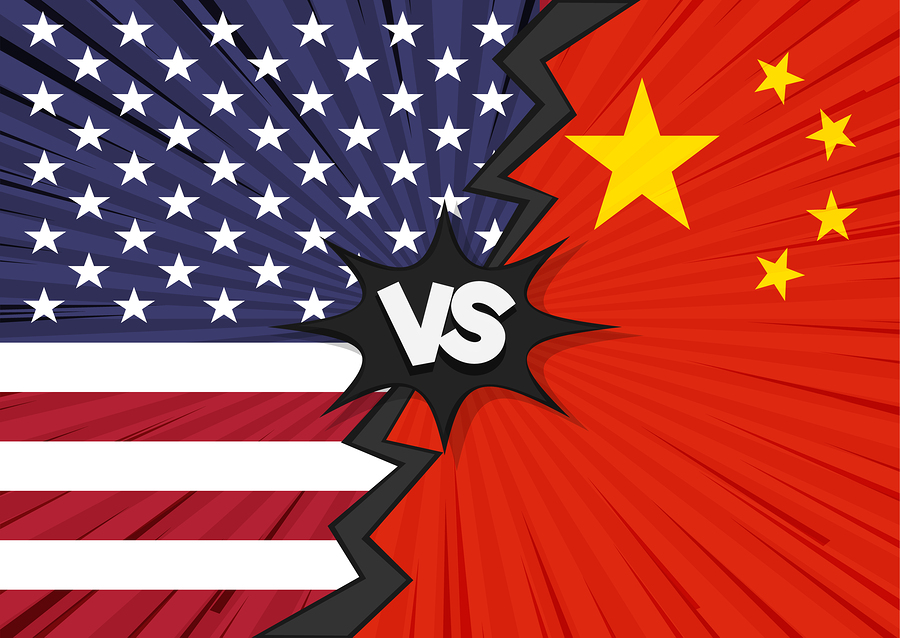Tweet War
Since Trump’s tweets last Sunday threatening to impose new tariffs on China, the stock markets have fallen from levels close to their all-time highs, with the S&P 500 down 3.5% in the week. Although both technical factors and increased volatility due to being in the middle of the earnings season may have had some influence, equity markets have clearly reacted negatively to these tweets, pricing in a higher likelihood of a lack of an agreement between the US and China.
Our main scenario continues to be that an agreement will finally be reached before the US elections next year, providing Trump with a very visible political victory to present to his electorate. Furthermore, we do not believe that the president is really willing to suffer the consequences of a full-fledged trade war with China, which would certainly imply a global recession and a bear market, in order to secure a long-term strategic gain for the US.
Therefore, what we are currently witnessing is, in our opinion, nothing more than a continuation of the negotiating tactics that Trump has used since the battle with China began (see chart below): as long as the US market continues its bullish path, and only China is affected by the tariffs, Trump will continue with this tactic. If on the other hand markets fall, we believe he will soften his stance and offer a truce to negotiate. As the stock market hit recent all-time highs, Trump felt empowered to post the threatening Tweets.
The risk, as in the beginning of any war, is that there is a miscalculation and the result ends up causing great destruction on both sides. However, this risk is two-sided since a resolution may be finally reached, and stocks markets may rally on the news. In this case, it is important to bear in mind that the economic impact of tariffs takes time to reveal, and that tariffs can be revoked as quickly as they are imposed. As we think that common sense will prevail in the end, we still assign a greater probability to the possibility of reaching an agreement.
Furthermore, the new tariffs being applied will only apply to goods once they are received in the US. As most goods reach the US by ship, there is still some time before they make landfall (between 2-4 weeks). We see this as time to come to a compromise.
From a valuation standpoint, with prevailing interest rates and inflation levels, equity markets continue to be relatively attractive and we see no reason to further reduce our current allocation to risk assets.
Dr. Fernando de Frutos
Chief Investment Officer, Boreal Capital Management AG
This document is for information purposes only and does not constitute, and may not be construed as, a recommendation, offer or solicitation to buy or sell any securities and/or assets mentioned herein. Nor may the information contained herein be considered as definitive, because it is subject to unforeseeable changes and amendments. Past performance does not guarantee future performance, and none of the information is intended to suggest that any of the returns set forth herein will be obtained in the future. The fact that BCM can provide information regarding the status, development, evaluation, etc. in relation to markets or specific assets cannot be construed as a commitment or guarantee of performance; and BCM does not assume any liability for the performance of these assets or markets. Data on investment stocks, their yields and other characteristics are based on or derived from information from reliable sources, which are generally available to the general public, and do not represent a commitment, warranty or liability of BCM.





